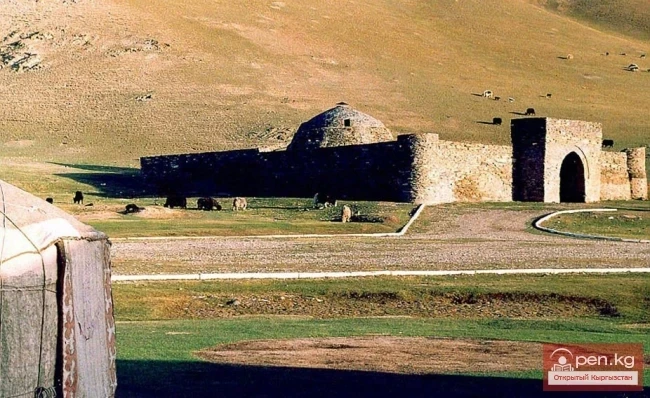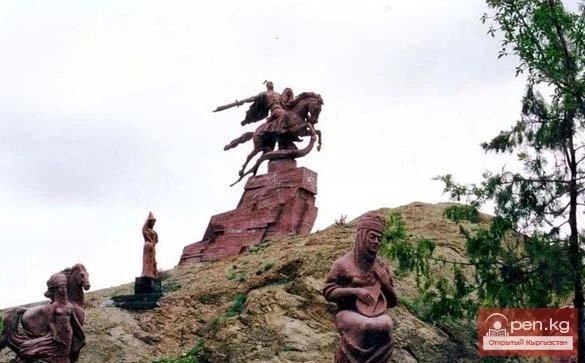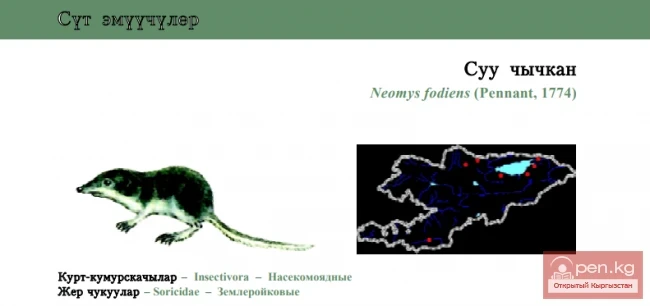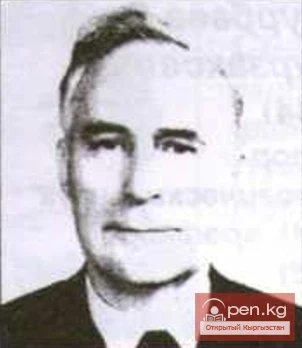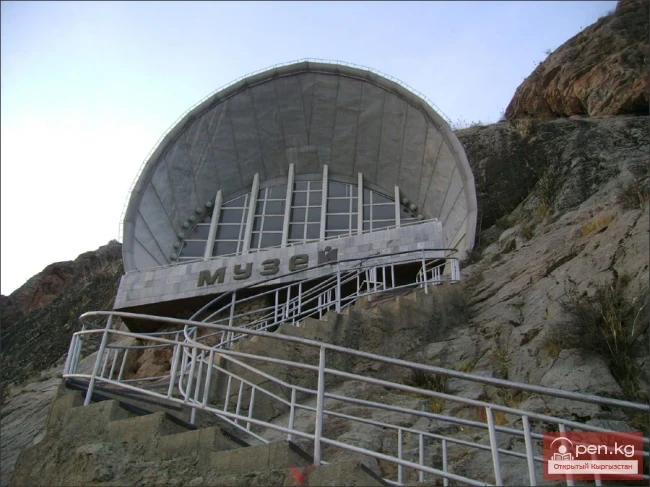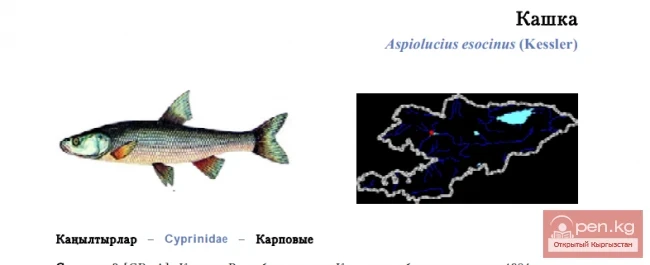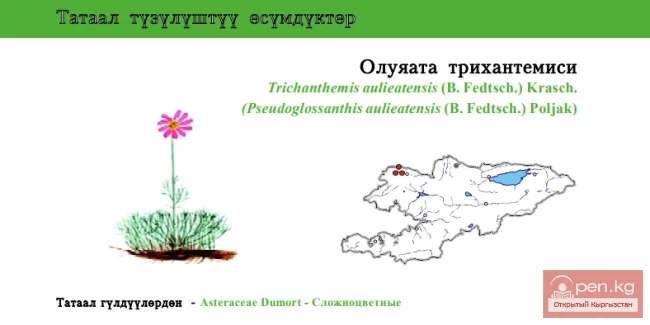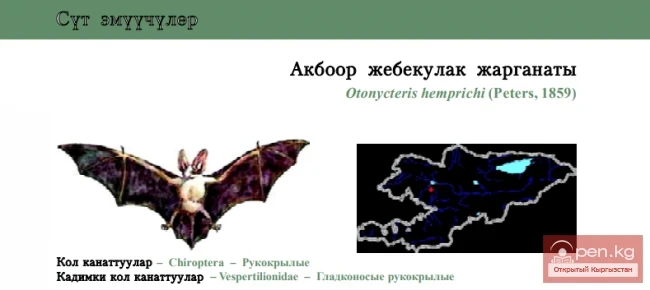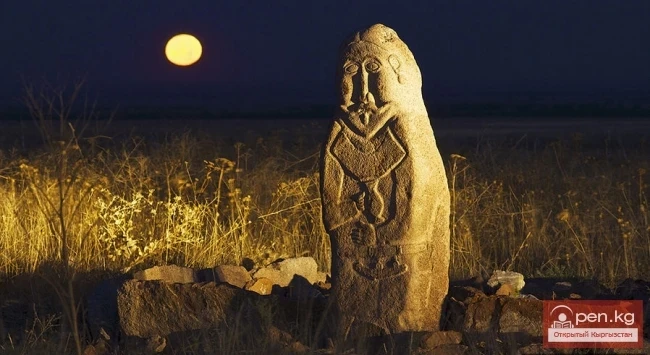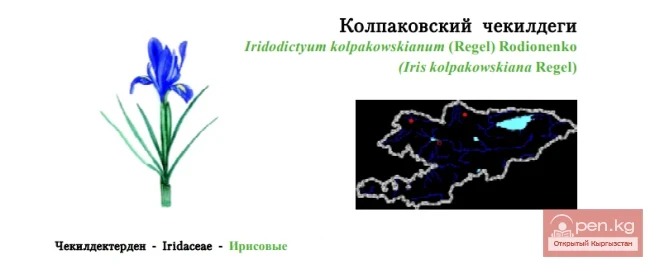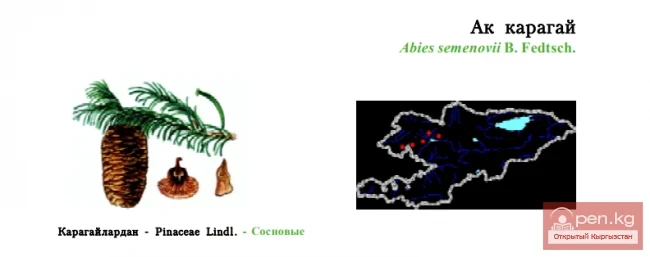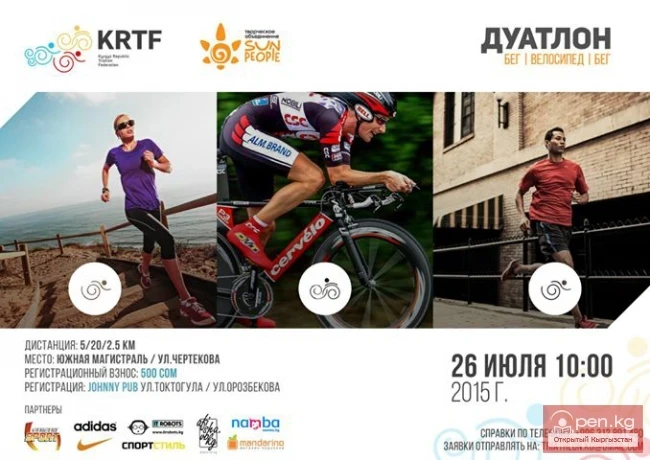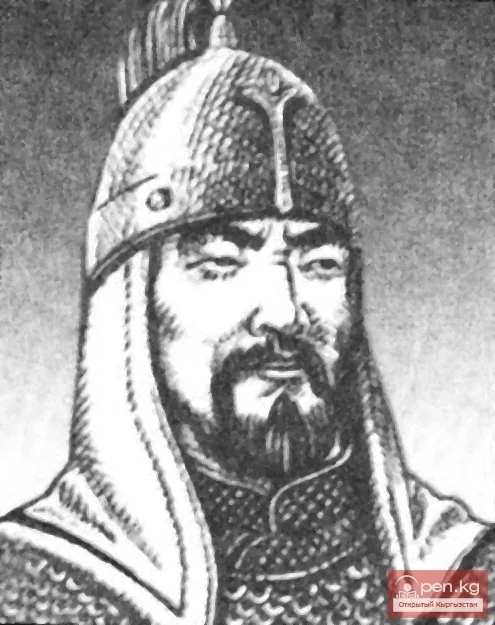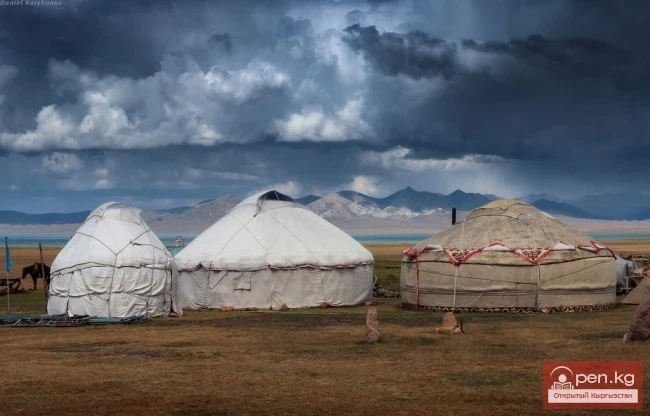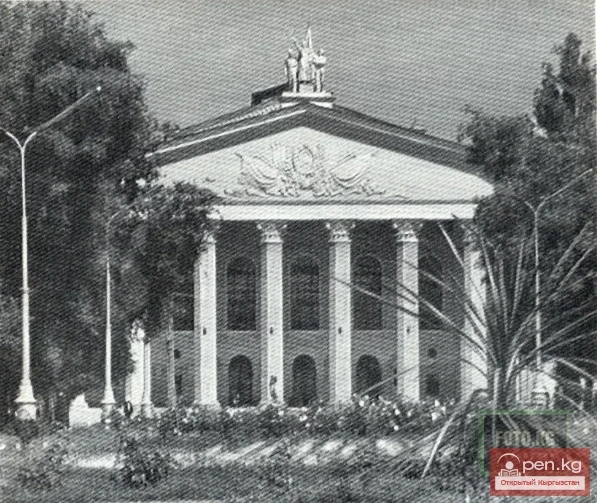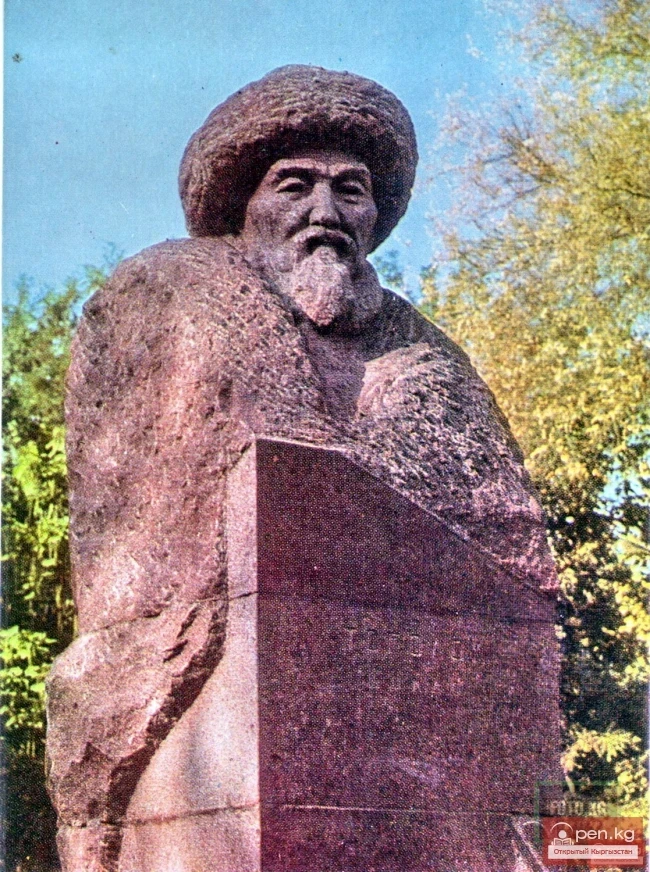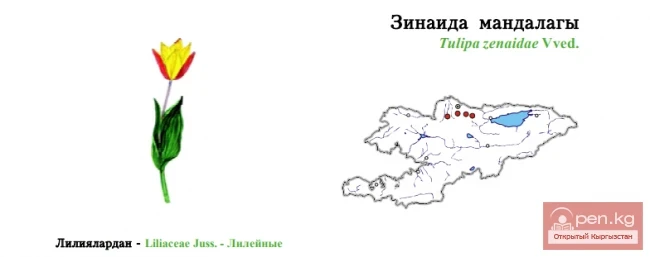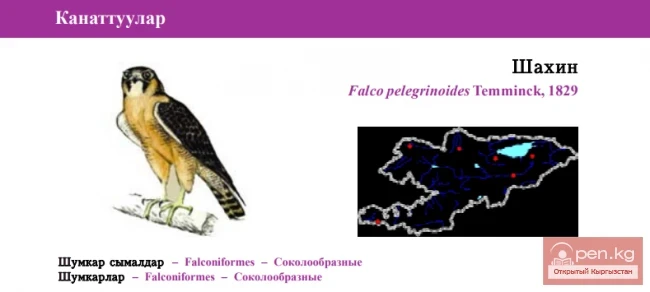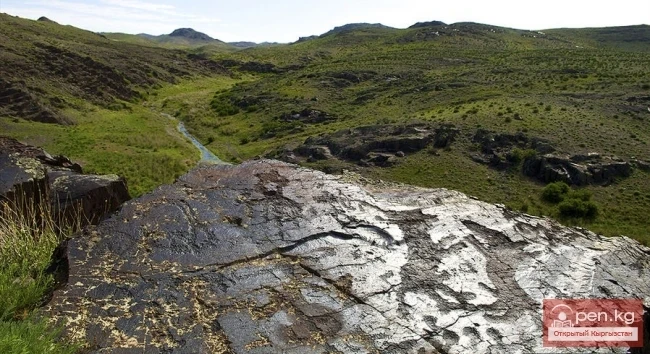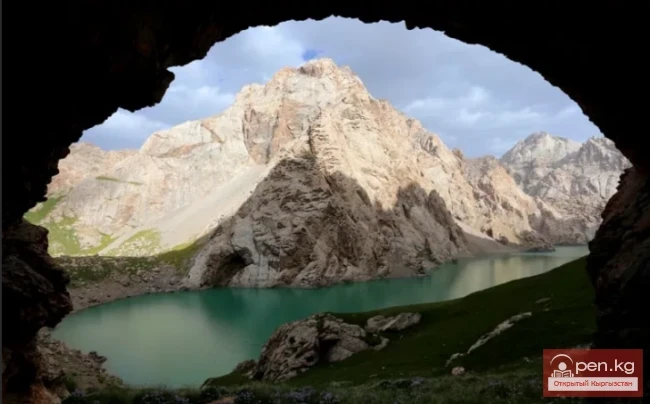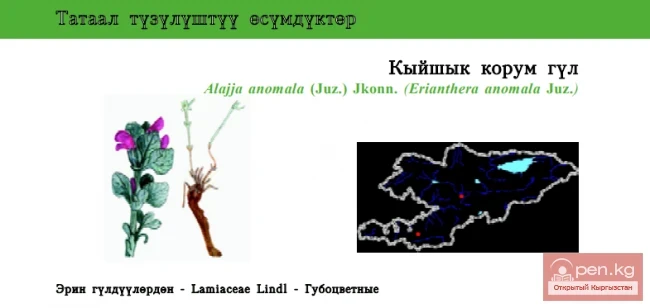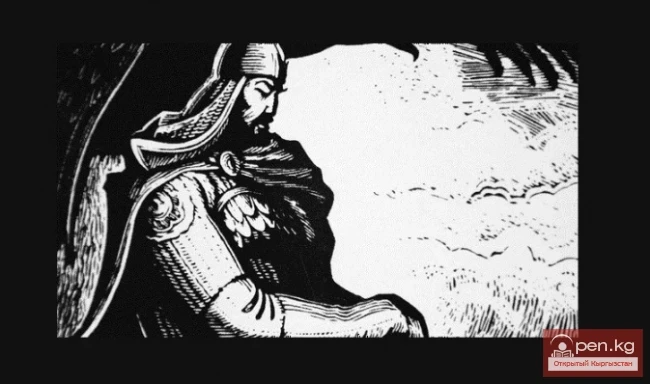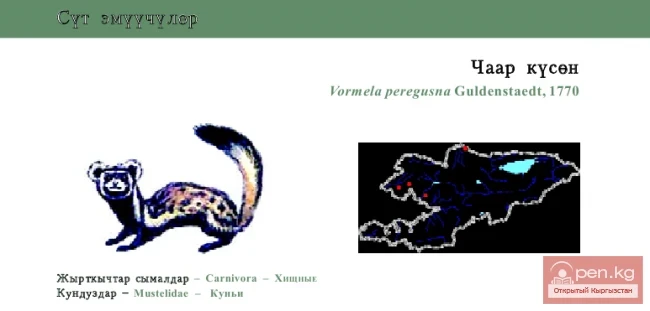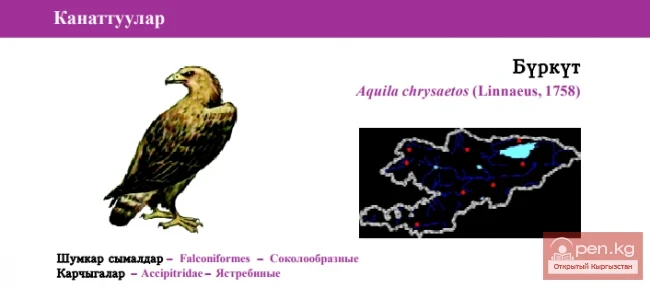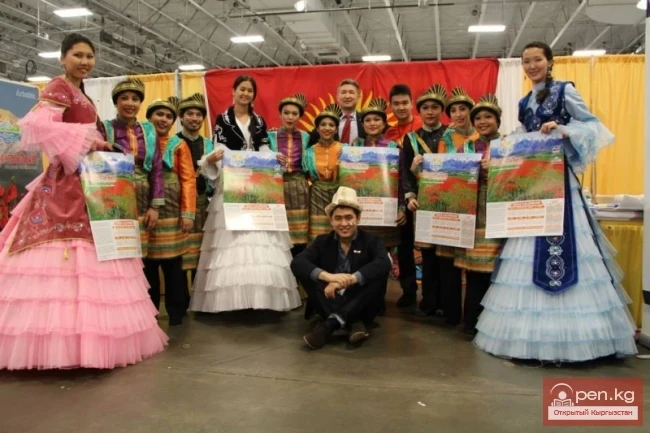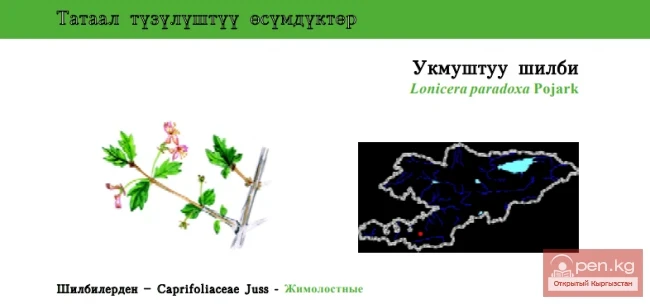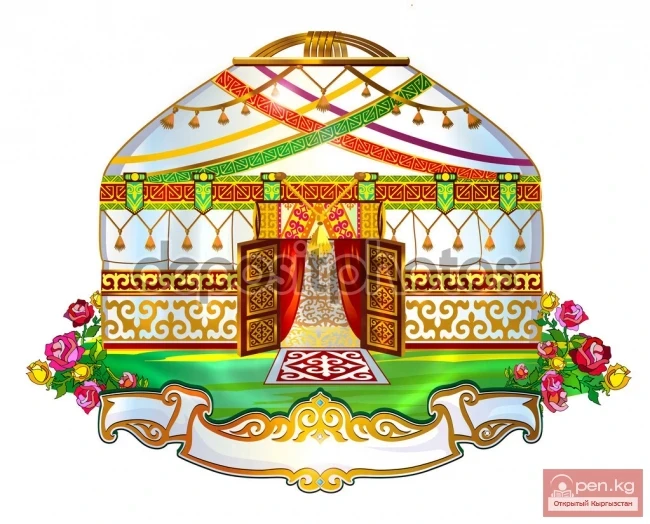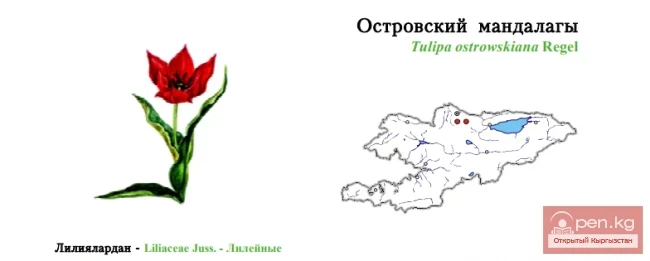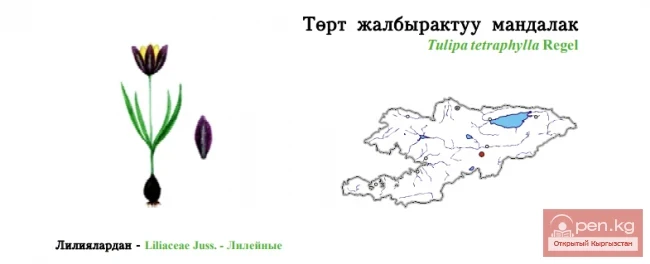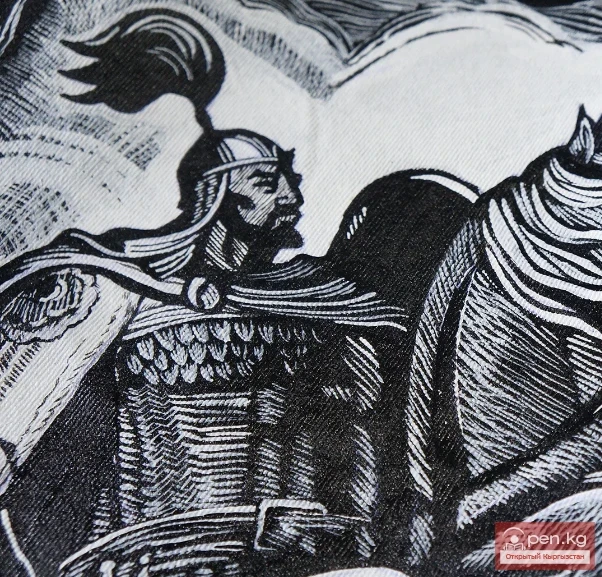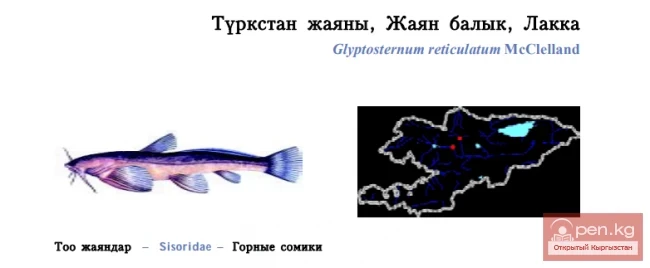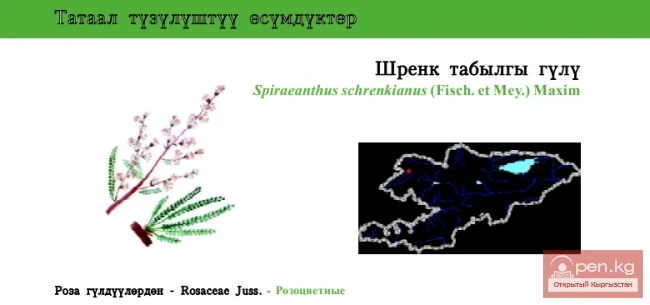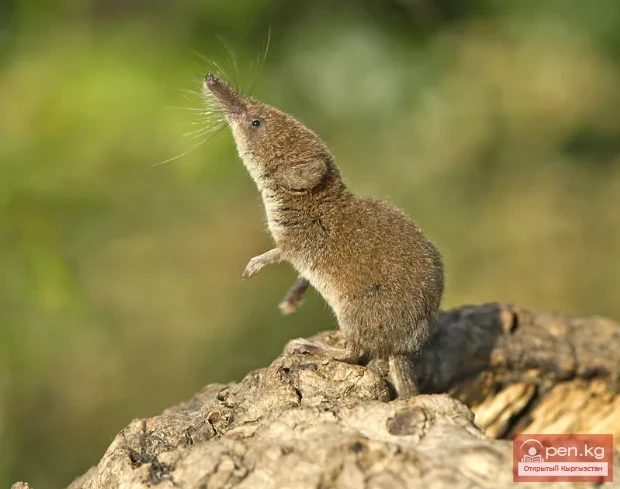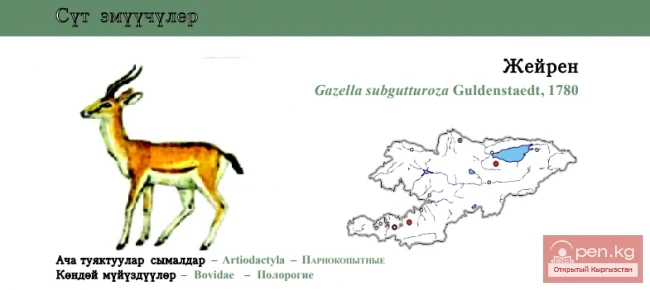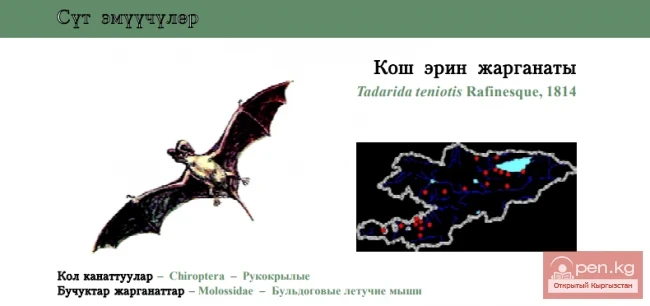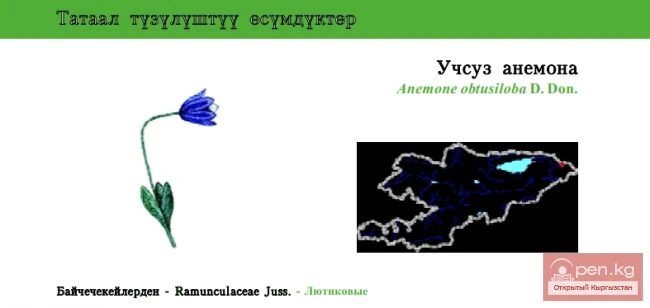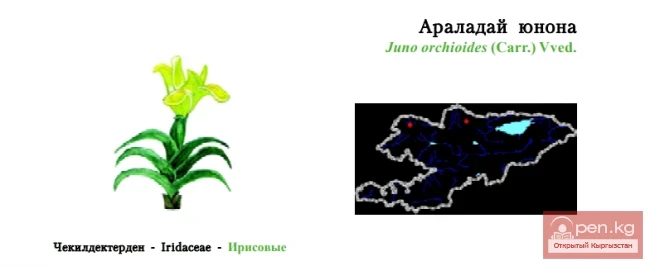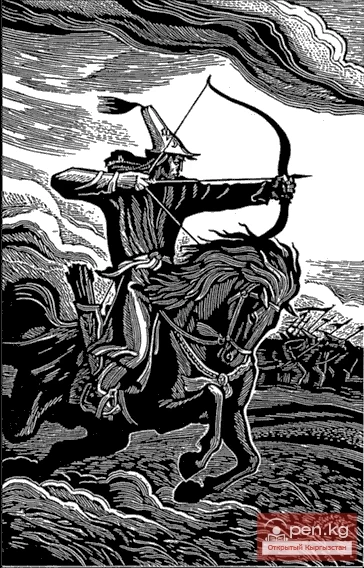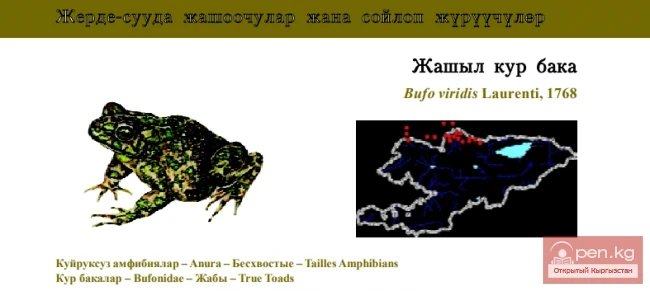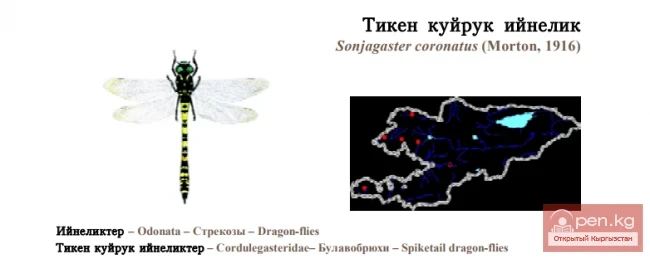Zhenizhok is one of the most prominent akyns of the Kyrgyz people.
His real name was Ote; he lived and worked in the village of Aksy in what is now the Janay-Dzhol district.
Toktogul, Korgool, Eshmambet, Kalik, and other well-known akyns were students of Zhenizhok. According to legend, Zhenizhok could, for example, improvise for 7 days about akkan suu — flowing water — while describing strange animals living in the depths of the ocean (it is clear that the akyn was well acquainted with Arabic sources). When Toktogul, Togolok Moldoo, Barpy, and others spoke about Akkan Suu, it was at best a retelling heard from Zhenizhok. Wise sayings about nature, pronouncements, and poems of Zhenizhok have been preserved in the memory of the Kyrgyz and southern Kazakhs.
The folklore department of the Academy of Sciences of the Kirghiz SSR long collected the works of Zhenizhok from the people, and in 1982 they were published in a separate book.
The collection of his works among the population is still ongoing.
According to contemporaries, no one could defeat him in competitions among akyns. His poetry is characterized by wisdom and poetic quality.
The dynamism and interconnection of phenomena in nature were the subjects of his poetic and philosophical reflections. Some contemporary philosophers believe that the poet's works cannot be classified as philosophical. However, his works contain philosophical conclusions and a philosophical approach to questions about the Universe, various phenomena of nature, and the meaning of human life.
Zhenizhok personified the surrounding material world and the Universe in the image of life-giving nature. In his view, everything created by nature plays a specific role within it. There is nothing superfluous in nature, and everything corresponds to its time and place.
Zhenizhok knew the Quran by heart in its original language. In order to instill in people a high moral character, ethics, decency, and compassion for the sick, the elderly, and our lesser brothers, he often resorted to quotations from the sacred book in his works.
Kyrgyz people, like many other nations, revered the sky and associated their highest aesthetic ideals with the images of the Sun, Moon, and countless stars. Reflecting this in his works, Zhenizhok compares the beauty of the surrounding world with the beauty of celestial bodies:
The world created by the Almighty,
The sun is beautiful, the world
Like the light of the sun
Burning, the world
The Moon in the sky, the stars
The night is beautiful, the world
Like the morning star,
The world is wonderful,
Like a shooting star,
Burning brightly, the world.
As illuminating the Universe
The sun, the world is wonderful.
Like a sunbeam
Igniting, the world is wonderful.
Like the night moon, the stars,
The world is beautiful.
Like the pre-dawn Venus,
The world is remarkable.
Like a meteor fading in the night,
The world is wonderful.
Zhenizhok was particularly interested in the origin and development of celestial bodies in the Universe: “In this boundless Universe, tell me, how and from what are the Moon, Sun, stars, sky, Earth made?”
To these complex questions, the akyn does not provide an answer (it is also possible that his answers have not been preserved in the folk memory and have been forgotten).

